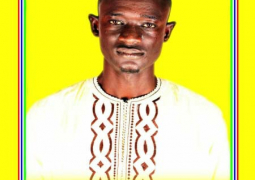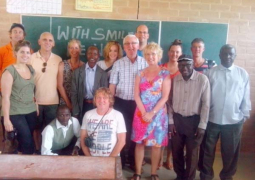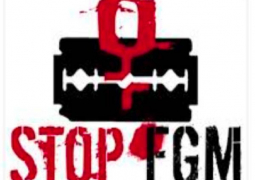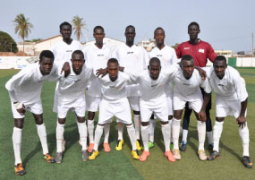Omar
Faruk Osman, president of the Federation of African Journalists (FAJ) and the
secretary of the Eastern Africa Journalists Association (EAJA), this week urged
African states to free all imprisoned journalists, and to end violent
repression.Speaking
at the 51st ordinary session of the African Commission on Human and Peoples’
Rights held this week at the Kairaba Beach Hotel, Mr Osman said, “Media freedom
in Africa continues to be under serious
assault from different players, among them the governments of the countries in
the continent.”
Mr.
Osman used his address to summarize some of the worst abuses against
journalists.
Somalia is considered by Mr
Osman to be the most deadly country for journalists in Africa.
Five journalists have been murdered there since the commission’s 50th ordinary
session last year.
A
suicide bomb in Mogadishu
reportedly injured 11 journalists as they covered a ceremony at the national
theatre earlier this month. There have also been reports of the intimidation
and arrest of journalists across the country, including radio journalist Awke
Abdullahi, who has been detained for more than a month in the northern city of Bossasso.
Mr.
Osman named Eritrea as the
worst jailer of journalists in Africa. At
least 32 journalists have been imprisoned there without charge and without
trial, some for more than 10 years. At least four journalists have died while
in detention.
In
Ethiopia,
four journalists have been convicted of terrorism, and each sentenced to more
than 10 years in prison. The Ethiopian media operates under repressive laws, he
said, adding that it is the only country in Africa, other than Burundi, where
journalists have been charged with “treason”.
Mr.
Osman said security agencies in Sudan
have routinely raided and closed down independent publications and a number of
journalists have been arrested.
According
to Mr Osman, the Burundi
government has largely remained hostile to the media and journalists, including
leaders of the journalists’ union.
Security
forces in central Tunis, Tunisia, ran amok with baton rounds
and tear gas as journalists covered demonstrations on Martyrs Day on April 9,
2012. Nineteen journalists were beaten and some were seriously hurt.
Mr.
Osman highlighted the restrictions on journalists in Guinea Bissau, following
the military coup on April 12, 2012.
He
also mentioned Boko Haram, whose violence against civilians resulted in the
deaths of a number of journalists this year.
He
added that violence against and intimidation of journalists and press freedom
advocates in Zimbabwe, DR
Congo and Cameroon
also remains a serious issue.
Oumar
also expressed concern about the insecurity faced by Malian journalists after
mutinying soldiers took over the state broadcasting building.





